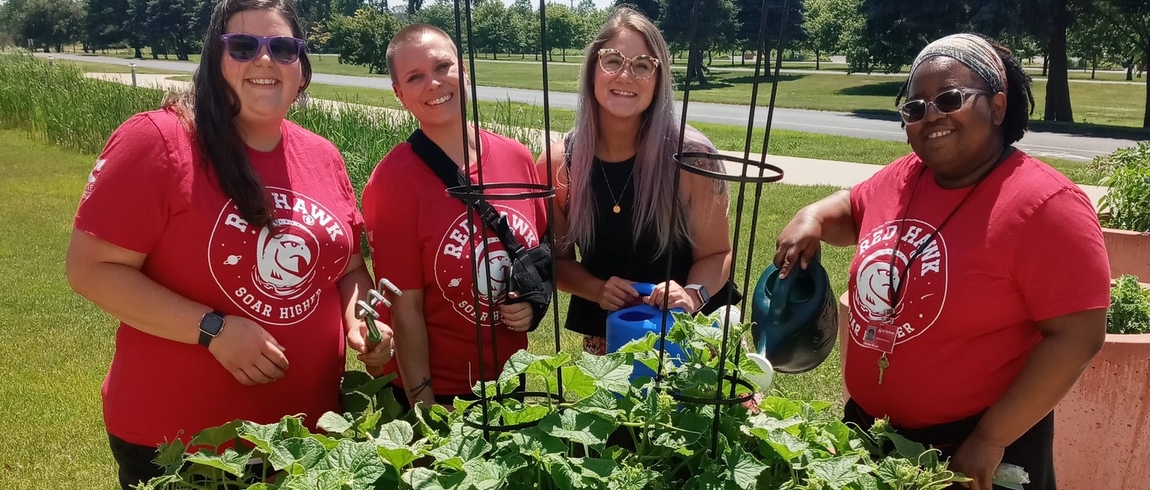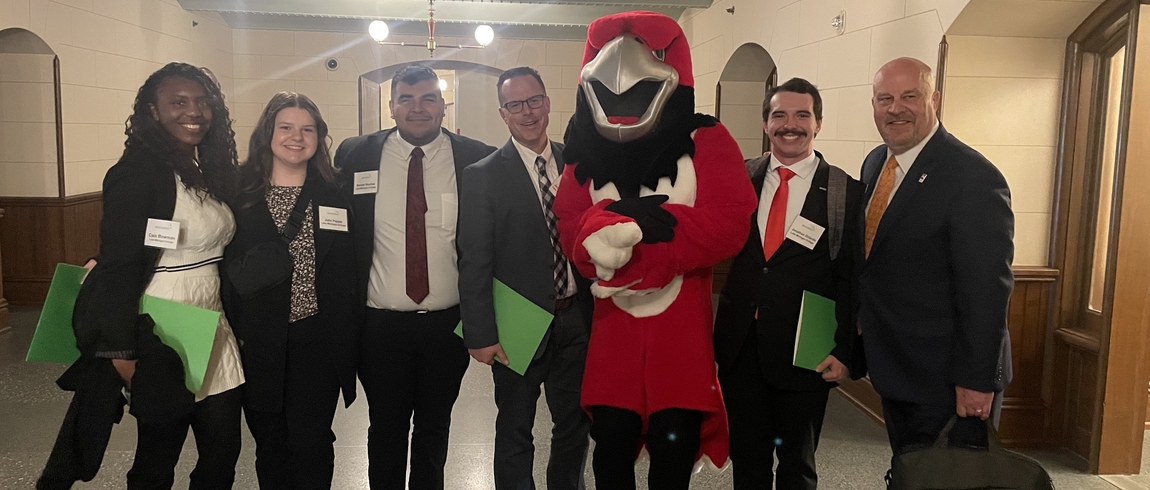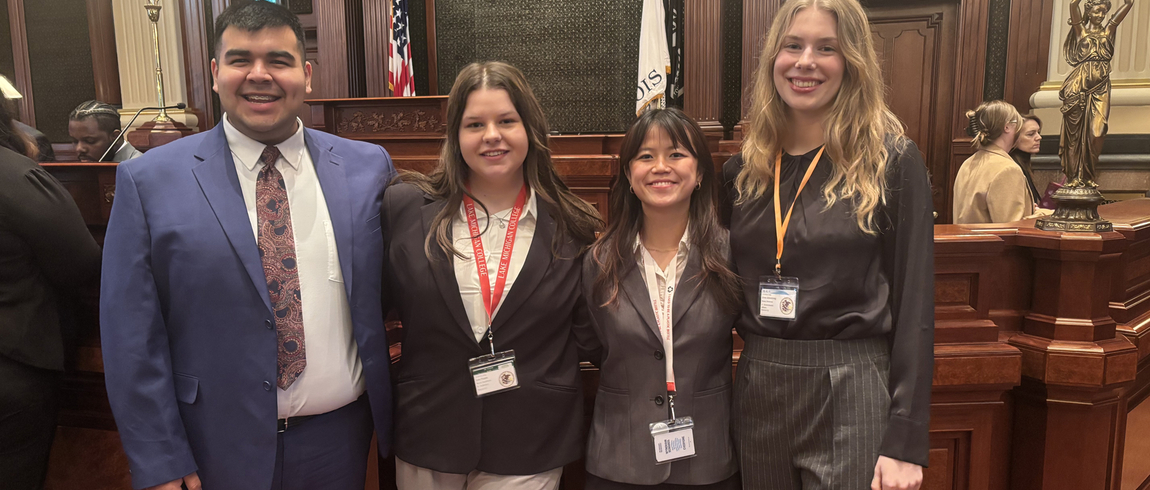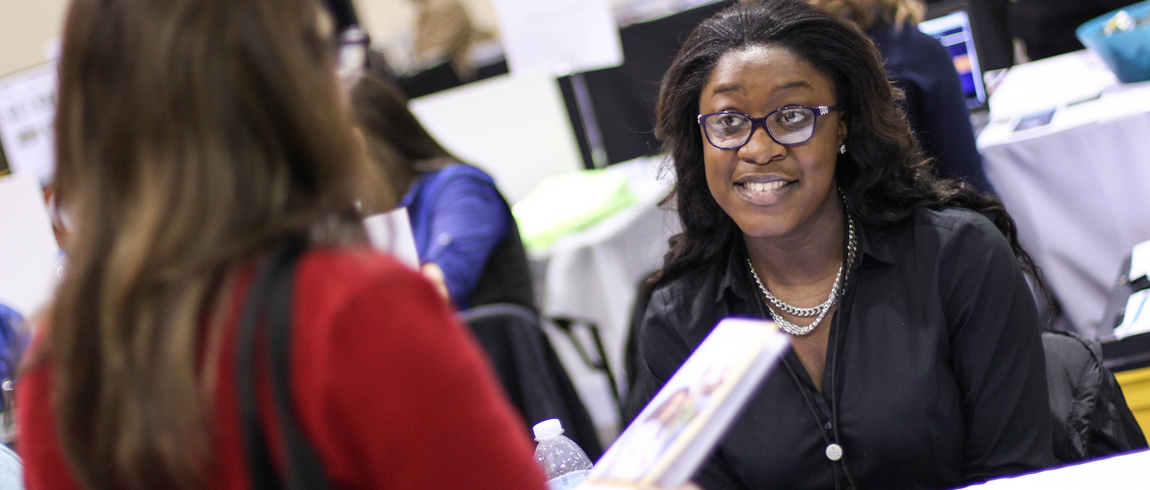Community garden project produces robust bounty
Food insecurity, described by the United States Department of Agriculture as having “limited or uncertain access to adequate food,” is rising on community college campuses.
According to a study by The Hope Center for College, Community, and Justice, 38 percent of students at two-year colleges experience food insecurity. In Berrien County, 14 percent of all residents, or 21,600 people, are food insecure.
“That’s how this idea started,” said Chad Dee, Director of Lake Michigan College’s Hanson Technology Center. “We were talking about ways to help combat student hunger, and that’s when we decided to create a community garden.”
Armed with a $3,200 Breaking Barriers Grant from the LMC Foundation, Chad, along with LMC Biology Instructor Dr. Jessica Beachy and Chef Luis Amado, created LMC’s first successful community garden. The garden was planted in May outside the Fab Lab at the Hanson Technology Center on LMC’s Benton Harbor Campus. A team of volunteers comprised mostly of
LMC faculty and staff and LMC’s Botany Club, led by student Victoria Riley, tended to the garden with a watering and weeding schedule.
“Facilities had these big ceramic planters in the student parking lot, so we brought seven of those over to test out,” Chad said. “It turns out they grow things wonderfully.”
The bounty from the first season included three varieties of tomatoes, cucumbers, strawberries, lettuce, kale, green beans, green peppers, banana peppers, jalapeno peppers, and herbs such as cilantro, parsley, and basil.
“This is for the community. It’s open to anyone who needs it or wants it,” Chad said. “The biggest fear is that you grow it, and nobody eats it, but the response has been great.”
In addition to fresh produce, the garden provides an educational component for LMC students. Many of the remaining herbs will be dried and used by culinary students throughout the academic year. Plant biology lab students, meanwhile, will dry and plant seeds to germinate before being transplanted next season.
“It’s an excellent opportunity for students to connect what we learn in the classroom to a real-world experience,” Jessica said.
The project could add additional planters next year outside Beckwith Hall and the Todd Center. Chad added that there are plans to add a greenhouse, primarily for herbs, which will be accessible throughout the academic year.
“We learned a lot in our first season,” he said. “There was some trial and error, but I can’t wait to see how much more we can grow.”



